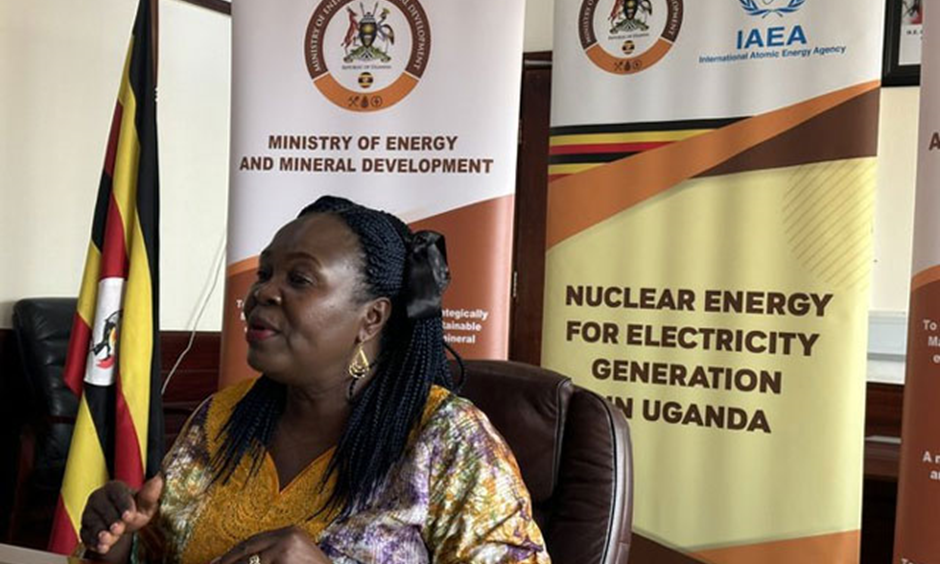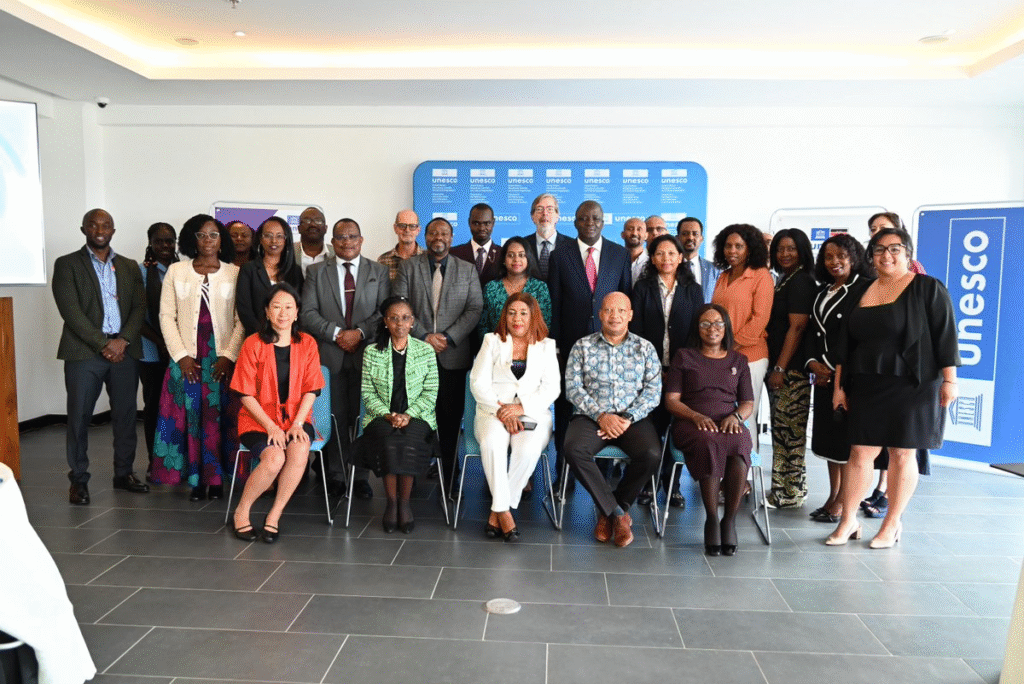Uganda On Track To Produce Nuclear Energy By 2031

Uganda aims to produce a minimum of 1,000 megawatts of nuclear energy by 2031, as indicated by Ruth Nankabirwa, the Minister of Energy and Mineral Development.

Uganda is progressing toward generating at least 1,000 megawatts of nuclear energy by 2031, according to Energy and Mineral Development Minister Ruth Nankabirwa. Speaking at the National Renewable Energy Conference at Speke Resort Munyonyo, Nankabirwa revealed that nuclear energy constitutes a significant part of the government’s plan to scale up renewable energy use in the country.
“We are looking at 50 percent renewable energy use, 40 percent of which is going to be nuclear,” stated Nankabirwa. She highlighted that Uganda is collaborating with the International Atomic Energy Agency to develop nuclear resources strictly for energy purposes.
With an ambitious goal of delivering clean energy for all by 2040, Uganda aims for at least 80 percent of its population to be connected to the grid. The government secured a USD 368 million loan from the World Bank for electricity distribution across the country, facilitating over 1 million new connections to the grid.
Irene Batebe, the Permanent Secretary of the Ministry of Energy and Mineral Development, emphasized the sector’s focus on electricity generation, transmission, and distribution. She acknowledged that the clean energy transition faces challenges, including a lack of adequate funding and technical capacity gaps in both the government and the private sector for managing renewable energy products.
While civil society stakeholders acknowledged the government’s ambition in nuclear energy, they urged a comprehensive approach to the renewable energy transition. Ivan Tumuhimbise, Country Director of the Worldwide Fund for Nature, emphasized the need for a review of the tax regime on renewable energy products, advocating for measures to enhance accessibility and incentivize investment in renewable energy.
Tumuhimbise also addressed the issue of biomass dependence for cooking in about 90 percent of Uganda’s households, urging the government to create alternative sources of cooking energy to reduce environmental degradation.







